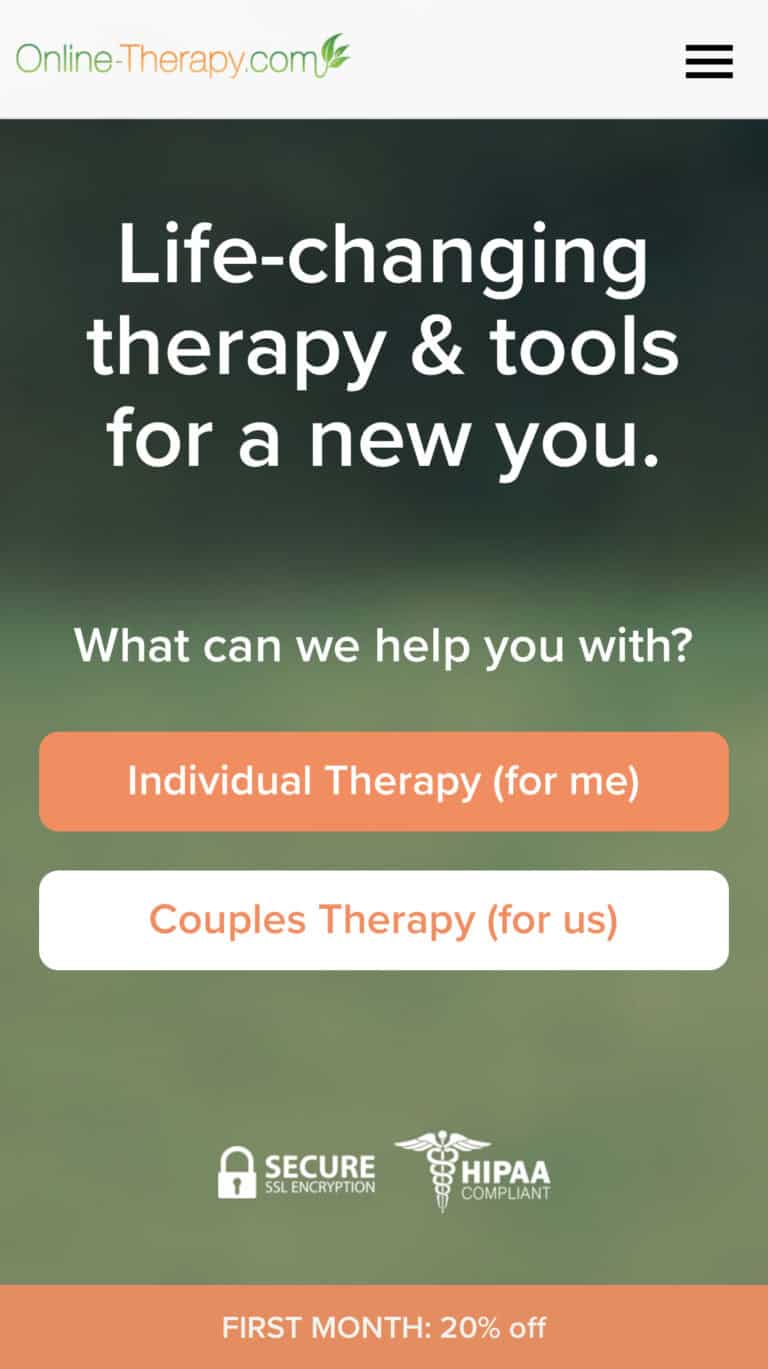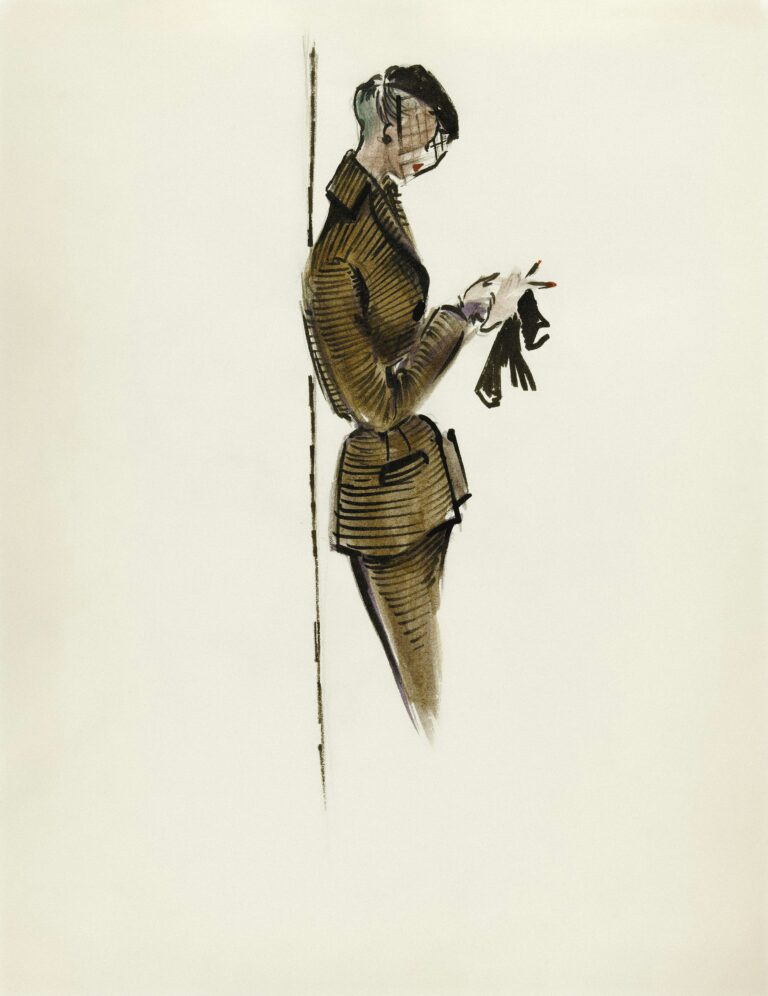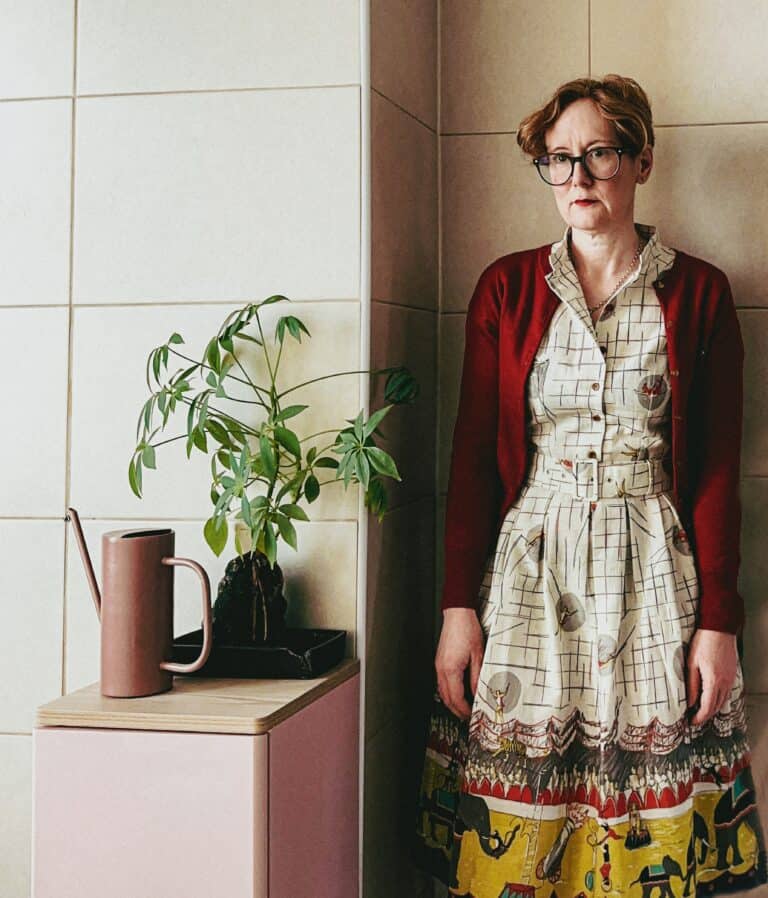Navigating Relationships: The Complex Dynamics of OCD and Dating

Obsessive-Compulsive Disorder (OCD) is a mental health condition characterized by intrusive, unwanted thoughts (obsessions) and repetitive behaviors or mental acts (compulsions) performed to reduce the anxiety associated with these thoughts.
Dating, on the other hand, is the process of getting to know someone romantically, a journey often filled with excitement, uncertainty, and the potential for deep connection.
When OCD intersects with dating, it creates a unique set of challenges and dynamics that both partners need to navigate thoughtfully and compassionately.
Understanding OCD in the Context of Dating
OCD manifests in various ways, and its impact on dating can differ widely depending on the nature and severity of the disorder.
Common obsessions in OCD may include fears of contamination, harm, or losing control, while compulsions might involve excessive cleaning, checking, or seeking reassurance.
These symptoms can interfere with the spontaneity, intimacy, and mutual understanding essential to building a healthy successful relationship while trying to avoid failed relationships.
The Challenge of Initial Disclosure
One of the first hurdles for individuals with OCD in the dating world is deciding when and how to disclose their condition.
The fear of being judged or misunderstood can make this a daunting task. For many, there is a delicate balance between wanting to be open and honest and fearing that the revelation might scare a potential partner away.
Timing and Context: Choosing the right moment to share such personal information is crucial. Early disclosure can help set realistic expectations and foster trust, but it’s essential to gauge the readiness of the other person to understand and accept the complexities of OCD.
Communication Skills: Effectively explaining OCD requires clear and compassionate communication. Describing how OCD affects daily life, including specific triggers and coping mechanisms, can help demystify the condition for the partner.
Managing Symptoms During Dates
OCD symptoms can make dating experiences stressful. Whether it’s the fear of contamination in a restaurant or the anxiety of intrusive thoughts during a movie date, these symptoms can disrupt the flow of the evening.
Preparation: Planning ahead can mitigate some of these challenges. Choosing venues and activities that are less likely to trigger obsessions or compulsions can help. For instance, selecting a quiet, familiar place over a crowded, unfamiliar one might reduce anxiety.
Supportive Partner Involvement: A partner who understands the nature of OCD can offer support in various ways, such as by providing reassurance or accommodating specific needs without reinforcing compulsive behaviors.
Intimacy and OCD
Intimacy, both emotional and physical, is a vital component of romantic relationships. However, OCD can complicate this aspect significantly.
Obsessions related to contamination, for example, can make sexual intimacy uncomfortable, while intrusive thoughts might undermine emotional connection.
Building Trust: Developing a strong foundation of trust is essential. This involves open dialogue about comfort levels, boundaries, and ways to make intimacy more manageable.
Therapeutic Support: Engaging in therapy, both individually and as a couple, can be beneficial. Cognitive-behavioral therapy (CBT), particularly Exposure and Response Prevention (ERP), is effective in managing OCD symptoms and can provide tools for handling intimacy-related issues.
The Role of the Partner

Being in a relationship with someone who has OCD requires patience, empathy, and a willingness to learn. Here are some ways a partner can support their loved one:
Educate Yourself About OCD
Understanding the nature of OCD is the first step in providing effective support, seeking therapy and proper treatment.
This includes learning about common obsessions and compulsions, the impact of the disorder on daily life, and the available treatments.
Resources such as books, websites, and a support system can be invaluable.
Foster Open Communication
Creating an environment where your partner feels safe to express their thoughts and concerns is crucial when it comes to relationship ocd demands.
Regular, open communication helps in addressing issues as they arise and strengthens the bond between partners.
Avoid Enabling Compulsions
While it might seem supportive to help your partner with their compulsions, this can actually reinforce the OCD cycle.
Instead, encourage and support their efforts to resist compulsive behaviors, ideally under the guidance of a therapist.
Practice Patience and Empathy
Living with OCD is a daily struggle, and setbacks are common. Patience and empathy go a long way in maintaining a positive and supportive relationship.
Recognize that progress may be slow and that your partner’s challenges are not a reflection of their feelings towards you.
Strategies for Couples
Building a healthy relationship where OCD is a factor involves both partners working together. Here are some strategies that can help:
Develop Coping Mechanisms Together
Work on identifying triggers and developing coping strategies together.
This might involve creating a plan for how to handle certain situations, such as social events or travel, where OCD symptoms might flare up.
Set Boundaries and Expectations
Clear boundaries and expectations are essential in any intimate relationship, but especially when one partner has OCD.
Discuss what is acceptable and what is not, and respect each other’s limits.
Seek Professional Help
Couples therapy can be beneficial in navigating the complexities of OCD within a relationship.
A therapist can provide tools and techniques to improve communication, manage stress, and foster a deeper understanding of each other’s experiences.
The Positive Aspects of Dating Someone with OCD

While OCD presents challenges, it’s important to recognize that dating someone with OCD also has its positive aspects.
Individuals with OCD often possess qualities such as attentiveness, empathy, and a deep commitment to their relationships. These strengths can contribute to a rich and fulfilling partnership.
Empathy and Understanding
The experience of living with OCD can cultivate a deep sense of empathy and understanding.
A partner with OCD might be particularly sensitive to the needs and feelings of others, fostering a nurturing and supportive relationship dynamic.
Commitment to Self-Improvement
Many individuals with OCD are highly motivated to treat OCD and improve their quality of life.
This commitment to personal growth can translate into a dedication to the relationship, as both partners work together to overcome challenges.
Unique Perspectives
Living with OCD often involves viewing the world through a unique lens.
This perspective can lead to creative problem-solving and a distinctive approach to life’s challenges, enriching the relationship with diverse experiences and insights.
Conclusion
OCD does not have the same effect on everybody and not everyone has the same OCD experience.
Dating someone with OCD requires understanding, patience, and a proactive approach to managing the disorder’s impact on the relationship.
By fostering open communication from family members, seeking professional support from a clinical psychologist, and working together to develop coping strategies, couples can navigate the challenges of OCD and build a strong, loving partnership.
The journey is undoubtedly complex, but with mutual effort and compassion, it is entirely possible to cultivate a relationship that not only survives but thrives.
Embracing the positives and addressing the challenges head-on allows both partners to grow individually and together, creating a bond that is resilient and deeply rewarding.



